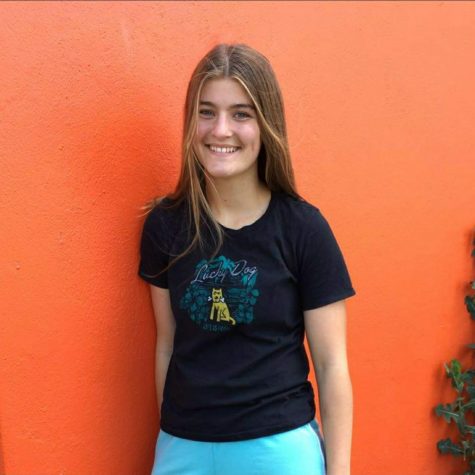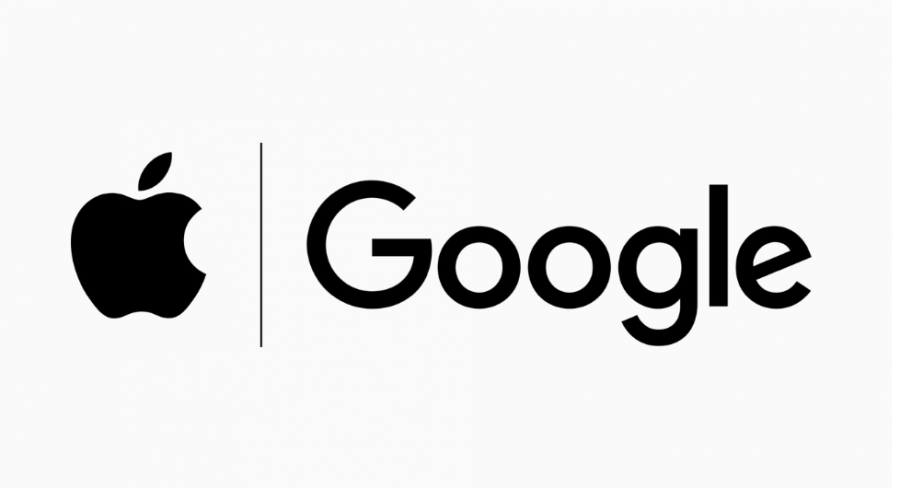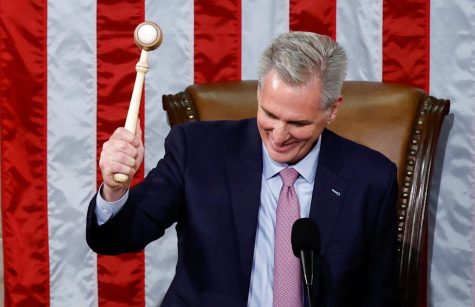Privacy concerns abound as tech giants team up to develop coronavirus tracking software
The Google and Apple logos together symbolize their new partnership during the COVID-19 pandemic.
It’s hard to imagine going back to normal life after being in quarantine for so long, but eventually, schools, stores, parks, and other places will resume business as usual. When they do, coronavirus will by no measures be gone, just diminished enough to allow the public to slowly reenter society. People will likely throw giant parties just because they can…prompting a resurgence of cases. But Apple and Google have teamed up to develop a technology that could reduce this risk.
The two rivals have joined forces and are working to develop software that would enable those who were exposed to the novel coronavirus to be notified using Bluetooth technology. When a patient tests positive for COVID-19, hospitals will give the patient a one-time use code to enter into their phones. This will alert those who were within 15 feet of the person exposed within the last few weeks.
This technology will be crucial at being able to return to normal life sooner because if we return too soon and take no precautionary measures, a Harvard study predicted that quarantine could last until 2022. But with this technology, those who have been exposed could self-isolate and slow the spread of the virus. This would allow everyone else to return to normal life sooner.
With any great innovation, there is always resistance. In this scenario, there are compelling reasons against the new technology. While the new app will be opt-in only and will ask permission, they plan to push a new software update so it would be part of the operating system, allowing people to know if they were exposed without having downloaded the app.
Even so, privacy is a concern: many consumers worry that their personal health information could be leaked. But Google and Apple have ensured that this will not be an issue. According to CNBC, nobody’s identity will be revealed to anyone until they test positive for COVID-19. Otherwise, their identity will be hidden by scrambled codes up until they have a confirmed case.
But the major issues that these companies face don’t include privacy. Participation is their main concern. While they have emphasized the voluntary aspect of their system, there is little evidence suggesting it would grow quickly enough for widespread use across the US and other countries. When Singapore introduced a similar application, only 12% of the population adopted the national contact-tracing app.
Regardless of the hurdles Apple and Google encounter during this process, the service they hope to provide could be crucial in preventing another outbreak of the coronavirus. When times are hard, partnerships such as these prove that we are fighting a common battle and can put our differences aside to do so.

Natalie Foote is a sophomore at Beaverton High School who writes articles for The Hummer and helps manage its social media platforms. She enjoys running...











